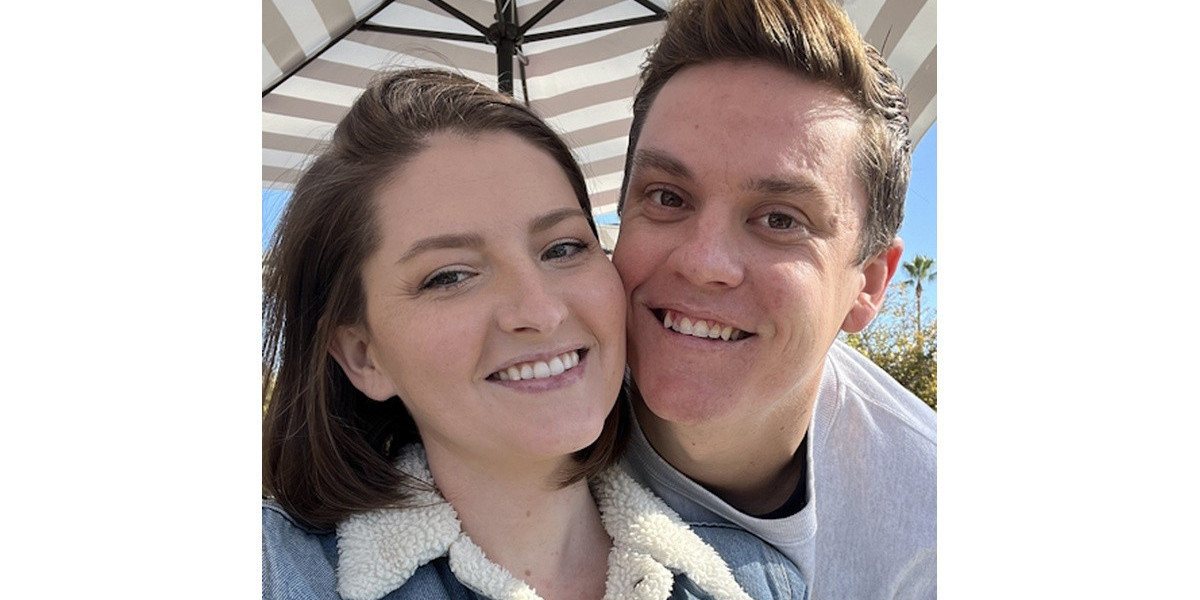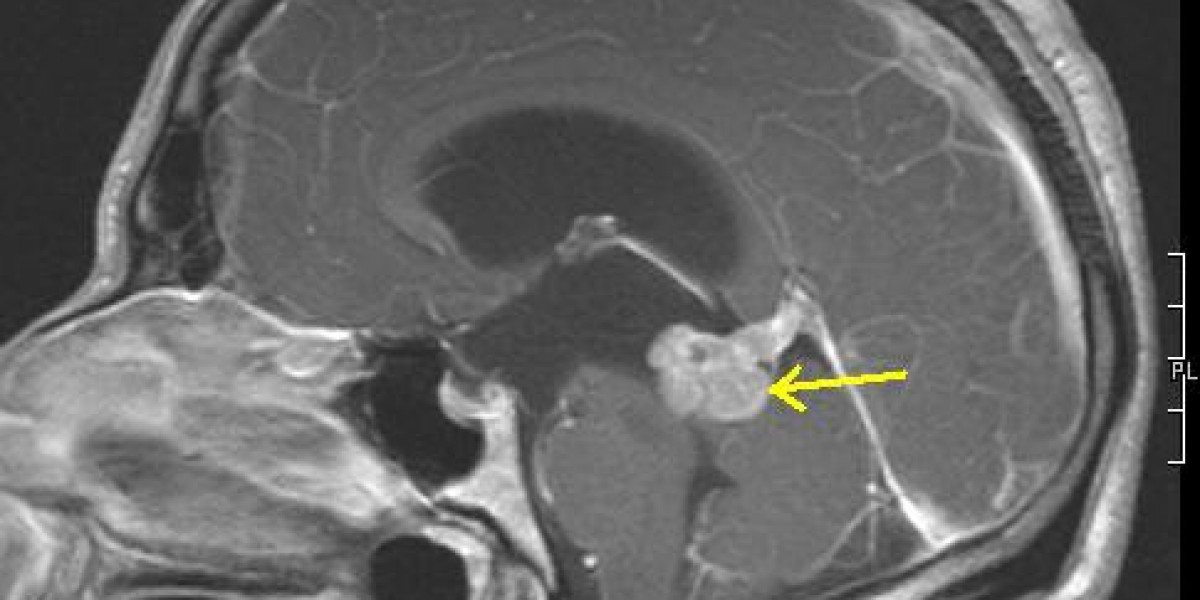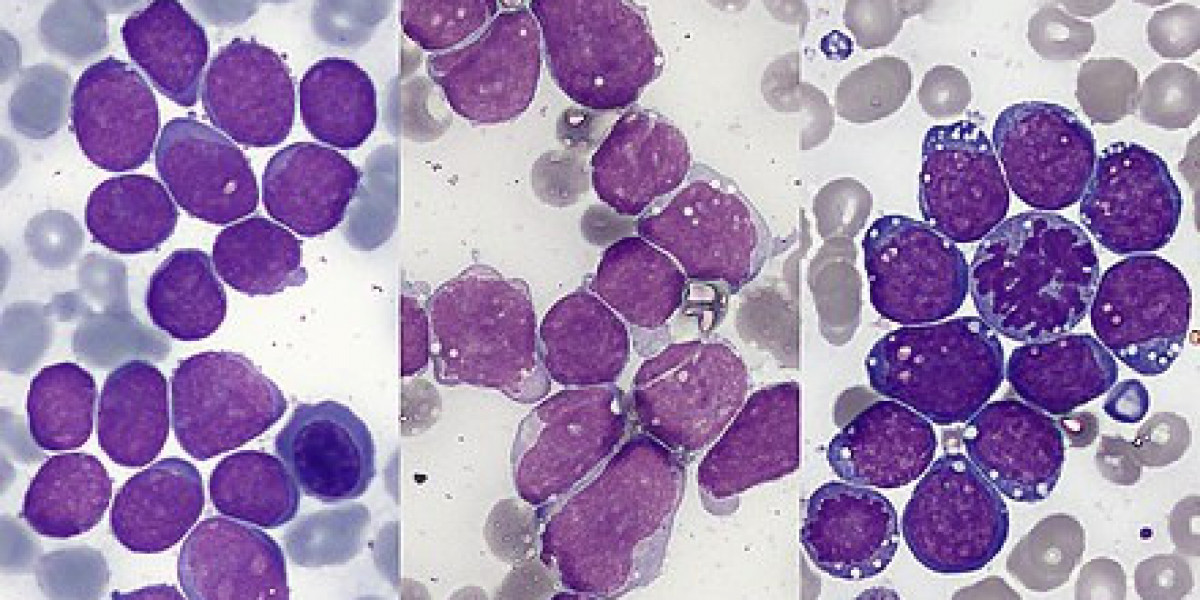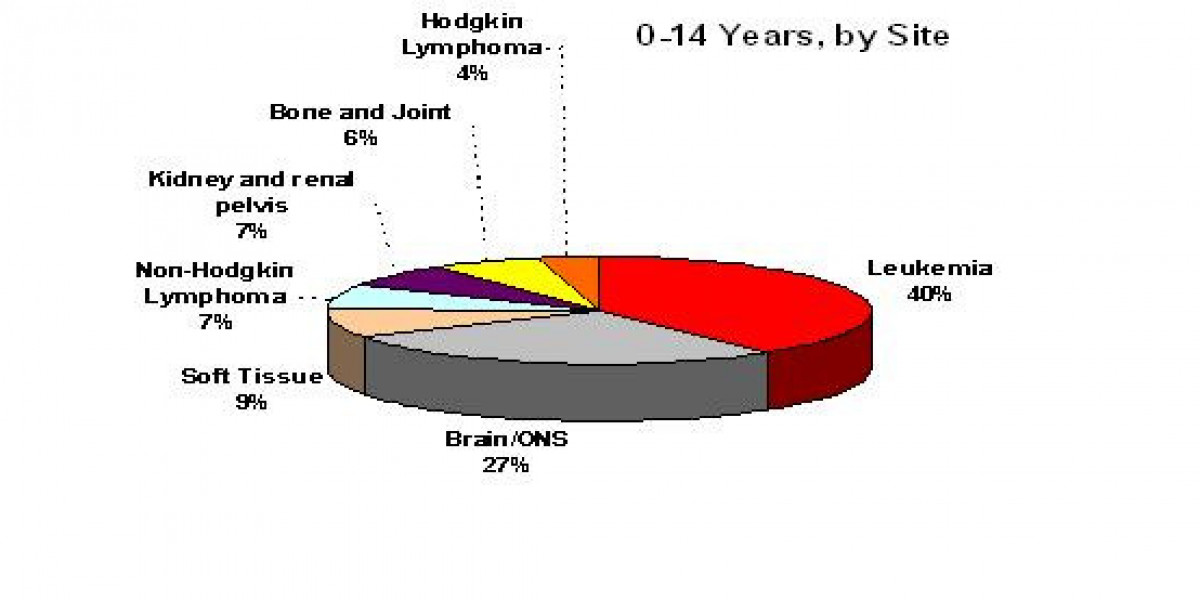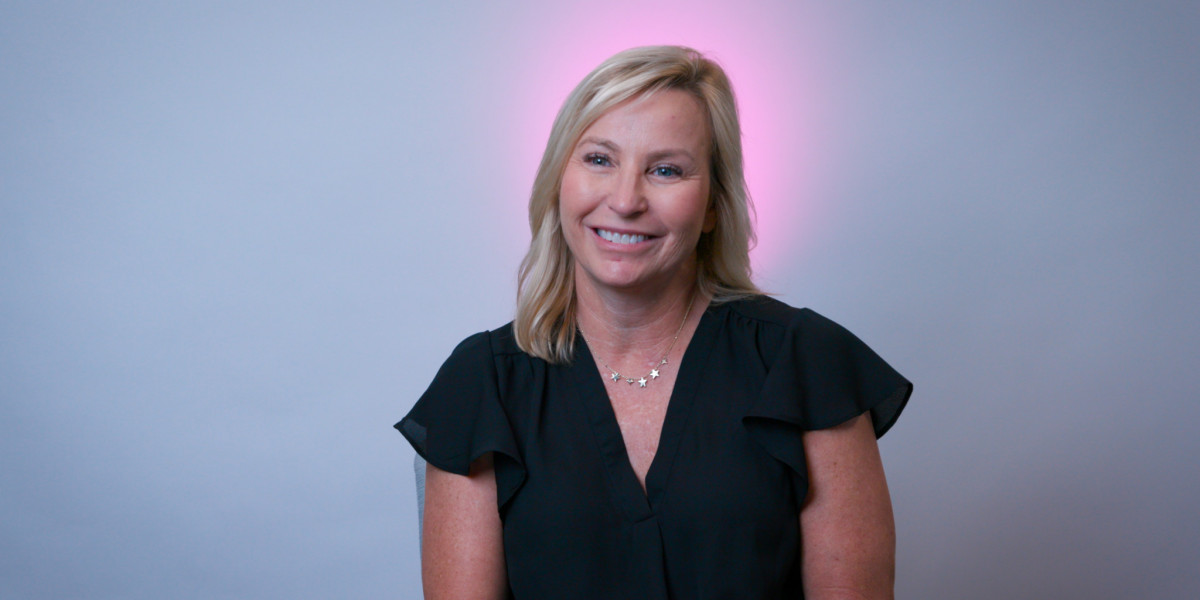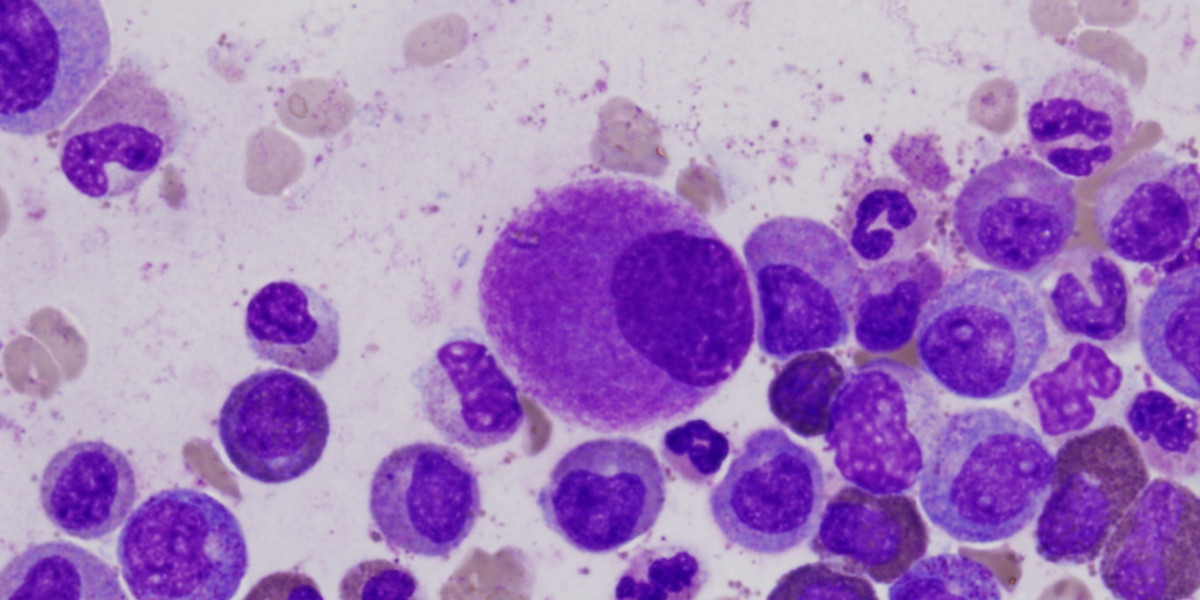News>Cancer prehabilitation: Preparing yourself for breast cancer treatment
How care betweendiagnosisand treatment can help improve your physical and emotional recovery
Before her planned breast cancersurgery,Marisa Espinosaand her family took a trip to Disney World.
A self-described “Disney adult,” Espinosa recalls, “it was one of my favorite trips. I had a month in-between chemo and mymastectomy,” says Espinosa, adding that she had made sure her doctor approved of her plan to travel. “The trip really helped me prepare for surgery because I was able to do something that I love.”
Diagnosed in 2022 at age 30 withstageII HER2-positive breast cancer, Espinosa’s treatment also includedradiationandbreast reconstruction. Through it all, Espinosa tried to maintain an active life — going to the gym, running, being outside and taking hikes in Georgia, where she lives — as much as possible between treatments. “I truly believe doing something you love before treatment can help the bad days [recovering] not feel so bad,” she explains.
Research is beginning to show that, between diagnosis and treatment, there are steps you can take to support your physical andmental healthto help prepare you for treatment and recovery. Stories like Espinosa’s reflect this potential new area of care: oncologic (cancer) prehabilitation.
Cancer prehabilitation is a term used to describe a way to prepare physically (such as exercise) and emotionally (such as reducingstress) before treatment begins. But this can be challenging.
“There’s not a lot of time before [initial] treatment,” saysEric Winer, MD, director of Yale’s Cancer Center in Connecticut. “Usually, [people diagnosed with cancer are] startingsystemic therapyor having surgery within 2 to 4 weeks.”
It is still unclear if prehabilitation can affect how cancer responds to treatment or if it can slowdisease progression. However, it can improvequality of lifeand recovery after surgery and may also benefit people whose treatment plans includechemotherapyortargeted therapy. It can help people feel better before and after surgery and recover more smoothly afterward.
A 2022 study found that breast cancer patients who followed a prehabilitation plan had lessanxiety, slept better, and felt less stressed before surgery. Even small changes, like eating well or moving your body, can help you feel strong and more in control. Any kind of exercise can help reduce stress.
There are few comprehensive prehab programs in the U.S., and standardized guidelines do not exist yet. But, according to Dr. Winer, there are things people can do (for example, quitting smoking and reducing stress) to get ready for cancer treatment to optimize healing and well-being. You can ask your care team forspecialistreferrals to address your personal concerns.
People who are preparing for cancer treatment are likely to be managing intense emotions. They may also be dealing with practical tasks such as planning for time off from work, arranging for childcare, and making travel plans for treatment.
“It’s a lot,” saysMolly Gaynor. “Your emotions are all over the place.”
For Gaynor, Legos and puzzles became part of her prehab practice. Diagnosed with stage IIB HER2-positive breast cancer in 2021, Gaynor felt overwhelmed when she learned that she would need chemotherapy, a double (bilateral) mastectomy, radiation, and anoophorectomy(surgery to remove the ovaries).
Gaynor’s husband bought her a Lego set. “This is nice,” she remembers thinking, “[building this] gives me something to focus on.” She also started doing jigsaw puzzles with her parents when they visited her in South Carolina after her diagnosis. Then she began piecing puzzles together on her own before treatments.
Gaynor found that keeping her mind and hands busy helped to temper “the worry, stress, and uncertainty” that comes with a cancerdiagnosis.
Many people are learning how to prepare for treatment in ways that feel empowering. Below, medical experts and advocates Gaynor and Espinosa share practical steps that can help others navigate this transitional time.
First and foremost, Dr. Winer says, “The team that takes care of you is really important. Being able to communicate — feeling comfortable with them and confident, being able to get referrals — is critical.” Choose doctors and care teams who make you feel seen and heard.
Sami Mansfield ACSM-CET, PN1, agrees. A certified cancer exercise trainer and founder ofCancer Wellness for Life, Mansfield encourages people to ask their doctors specific questions to help prepare them for what to expect during and after treatment. For example: “Are there specific things about exercise andnutritionI should avoid?” If they can’t answer your questions, she says, “they [are usually] happy to write referrals.”
“I didn’t know pre-chemo that it would be ideal to make a dentist appointment,” Gaynor recalls. Chemotherapy can cause mouth sores, which may lead to infections, tooth decay, and gum disease. Addressing dental issues before treatment may help prevent or reduceoralcomplications.
The National Cancer Institute recommends seeing a dentist(ideally with experience treating people who’ve had cancer treatment-related oral complications) at least 1 month before starting chemotherapy or radiation. This allows enough time for the mouth to heal if dental work — such as filling a cavity or repairing a loose crown — is needed.
“I encourage people to exercise, especially if they exercised before diagnosis,” says Dr. Winer, before treatment begins.
Strength training builds muscle. Mansfield explains why staying strong is especially important for people with breast cancer: Around age 30, women begin to experience skeletal muscle loss. Thiscondition, called sarcopenia, is common in people who have cancer. Studies show that people living with cancer who have sarcopenia are more likely to have unwanted treatment-related side effects.
Recent research found that women diagnosed with early breast cancer who exercised beforesurgeryhad more energy and better physical function. In one test, they could walk more after treatment than those who didn’t follow a prehab plan.
In as little as 1 to 2 weeks, and typically within 30 days (the amount of time some people diagnosed with breast cancer may have before treatment starts), Mansfield says people who begin a strength-training program tell her “they notice they feel stronger, physically and emotionally.”
She recommends doing full-body muscle-building 2 days a week — with supervision, if possible. “That may be a lot for someone diagnosed with cancer,” she says. If so, Mansfield suggests 4 to 5 days of full-body work in shorter sessions. Even 3 to 5 minutes a day can help.
Mansfield developedBeACTivefor Living Beyond Breast Cancer (LBBC), an exercise video series for people of all fitness levels impacted by breast cancer. Whether they are preparing for treatment, recovering from surgery, or living with MBC, everyone can benefit from exercise, even if they don’t have access to supervised programs.
It’s important to talk with your doctor or care team about exercise that's right for you based on your individual health history.
Watch: Bobbi’s story navigating exercise and treatment
Dr. Winer recommends a balanced diet with fruits, vegetables, grains, nuts, and beans. But during treatment, eating can be hard, so it’s important to plan ahead.
Cancer treatments can causenausea, loss of appetite, mouth sores, and other side effects that can affect diet. Ask your care team about potential side effects and consider trying new sources of nutrition or new ways to prepare food.
Before treatment, it can be helpful to stock up on foods that are easy to digest if you experience nausea. For some people, it may be helpful to have ready-to-drinkproteinbeverages available. Talk with your care team about any dietary changes you are considering.
For Espinosa, overnight oats became a dietary staple when her appetite changed. “During chemo, I wasn’t able to eat a normal diet,” she says. “Oatmeal was something I could tolerate and that helped keep me feeling full.” Preparing oats ahead of time when you have energy means they’re ready when you’re hungry and you don’t have energy to cook.
Mansfield underscores that “keeping an eye on nutrition over the long term is especially important for people living with MBC.” Because treatment is ongoing, focusing on habits that support your health can help you feel stronger over time. Eating well and exercising may also make it easier to take advantage of times when the disease is stable and you’re feeling well. Thinking long term is important for physical and mental health, too.
TheNational Cancer Instituteoffers a downloadable guide toEating Hints: before, during, and after Cancer Treatment. It details some of the nutrition-related challenges that can affect people living with cancer. Also, it offers solutions for increasing dietary protein, understanding how stress can affect appetite, and recipes that may help with treatment side effects, including one for overnight oats.
You can also visit the LBBC pageTips for healthy eatingfor information on ways to shop for and prepare meals before and during treatment.
Think of your doctor and care team as your go-to for diet advice. Talk with them about your nutritional needs. It's also important to let your care team know about any vitamins and supplements you are taking.
Watch Replate, Reclaim, and Redefine: Eating after a diagnosis
Preparing for treatment is not just physical. It’s emotional, too. That’s why, “I think one of the most important parts of preparing for treatment is thepsychosocialassessment,” explains Dr. Winer. “While not every person needs to have professional psychosocial support as a result of a breast cancer diagnosis, there are certainly many who benefit.” He encourages people to talk with their care team about how they’re feeling and to ask about mental health resources early on.
Some people rely on social and emotional support from family, friends, and community members; others value support groups; some prefer working one-on-one with a mental health professional. Everyone’s psychosocial needs are different.
It’s also important to know that people who have experienceddepressionbefore cancer are more likely to feel depressed after adiagnosis. Before starting treatment, people with a history of mental health issues may benefit from discussing their history with their care team and asking for professional referrals if that support isn’t already in place.
Gaynor says she wishes she had been offered resources to help her navigate her relationships and communicate her needs to others.
“I wasn’t prepared for all my relationships to change. I know people mean well, but I never understood the term ‘toxicpositivity’ until I got cancer.” She found strength by connecting with people who understood, adding, “If you find even one person who ‘gets it’ and can assure you that all your mixed feelings are OK and normal, it really makes a big difference.”
Manyresourcesare available on LBBC’s website for people affected by breast cancer, related tonutritionand exercise, as well as mental health and relationship concerns. One resource is LBBC’sBreast Cancer Helplinethat connects people impacted by the disease with trained volunteers who have themselves been diagnosed with breast cancer. These volunteers can provide support and guidance for each person’s needs.
Mental health support during treatment is backed by science. A 2024 study found that women who received emotional support during their breast cancer treatment felt less anxious and depressed. Their quality of life improved, living longer without the cancer coming back or spreading.
Espinosa says she now sees the value in mental health care. “A breast cancer diagnosis does take a mental toll on you,” she says, recognizing that seeing a mental health professional may have helped her during treatment.
Every person’s experience is different. Finding ways to care for your mental and emotional health before treatment can make the journey feel less overwhelming. Whether it’s building a support network, talking to a therapist, or simply making space for your feelings, it all matters. As Dr. Winer says, it’s important that patients maintain as much of their “normal” life as they possibly can before, during, and after breast cancer treatment.
5 ways to prehab
See your dentist.Some cancer treatments can affect youroral health.
Ask your doctor about exercise.Research showsexercisecan help with energy and physical function after breast cancer surgery.
Plan ahead for easy meals.Prepping smartcan help you if your appetite and nutrition needs change.
Lean on your community.Connectwith friends, family, and other loved ones.
Check in with your mental health.Emotional support, from a support group or a professional therapist, can help ease anxiety and depression.
Recently diagnosed
Receiving a breast cancer diagnosis can be disorienting. Learning about your diagnosis and treatment options can bring a greater feeling of control.
Mastectomy
Mastectomy is surgery that removes all of the tissue from the breast to treat breast cancer. It can be done on one or both breasts to remove breast cancer, or to lower the risk of developing breast cancer.
Lumpectomy
Lumpectomy surgery is a breast-conserving treatment that removes cancer while allowing you to keep some or most of your natural breast tissue.
Surgery
Almost everyone diagnosed with breast cancer has some surgery. Surgery is a local therapy: a treatment that’s focused on a specific part of the body.
Breast reconstruction
Breast reconstruction is the surgical process of rebuilding the breast during or after mastectomy or lumpectomy surgery. It involves using tissue, implants, or a combination of both to achieve a more natural-looking breast.
Recovering from surgery
Everyone recovers in their own time. The type of surgery you have can affect your recovery time, and your experience may differ even from others who had the same surgery.
Medicines for anxiety
There are many ways you can take care of yourself if you're feeling anxious. But sometimes, more is needed. One option to treat these symptoms is prescription medicine.
Medicines for depression
Being diagnosed with breast cancer can feel emotionally overwhelming. If you're experiencing depression, it's important to let your doctor know. They may suggest an antidepressant to help you manage symptoms.
Prophylactic mastectomy
A prophylactic mastectomy is surgery to remove one or both healthy breasts to reduce the risk of developing breast cancer. This surgery is also called a preventive mastectomy.
Capecitabine
Capecitabine (Xeloda) is an antimetabolite chemotherapy medicine used to treat metastatic breast cancer that grows despite treatment with certain other anticancer medicines.
Sign up to receive emotional support, medical insight, personal stories, and more, delivered to your inbox weekly.
We'll send support straight to your inbox.
Stephanie Levin
Tagged:
Was this page helpful?
Living Beyond Breast Cancer is a national nonprofit organization that seeks to create a world that understands there is more than one way to have breast cancer. To fulfill its mission of providing trusted information and a community of support to those impacted by the disease, Living Beyond Breast Cancer offers on-demand emotional, practical, and evidence-based content. For over 30 years, the organization has remained committed to creating a culture of acceptance — where sharing the diversity of the lived experience of breast cancer fosters self-advocacy and hope. For more information,learn more about our programs and services.
Living Beyond Breast Cancer
40 Monument Road, Suite 104
Bala Cynwyd, PA 19004
©2025 Living Beyond Breast Cancer
Originally published on The Patient Story: https://www.lbbc.org/news/cancer-prehabilitation-preparing-yourself-for-breast-cancer-treatment



